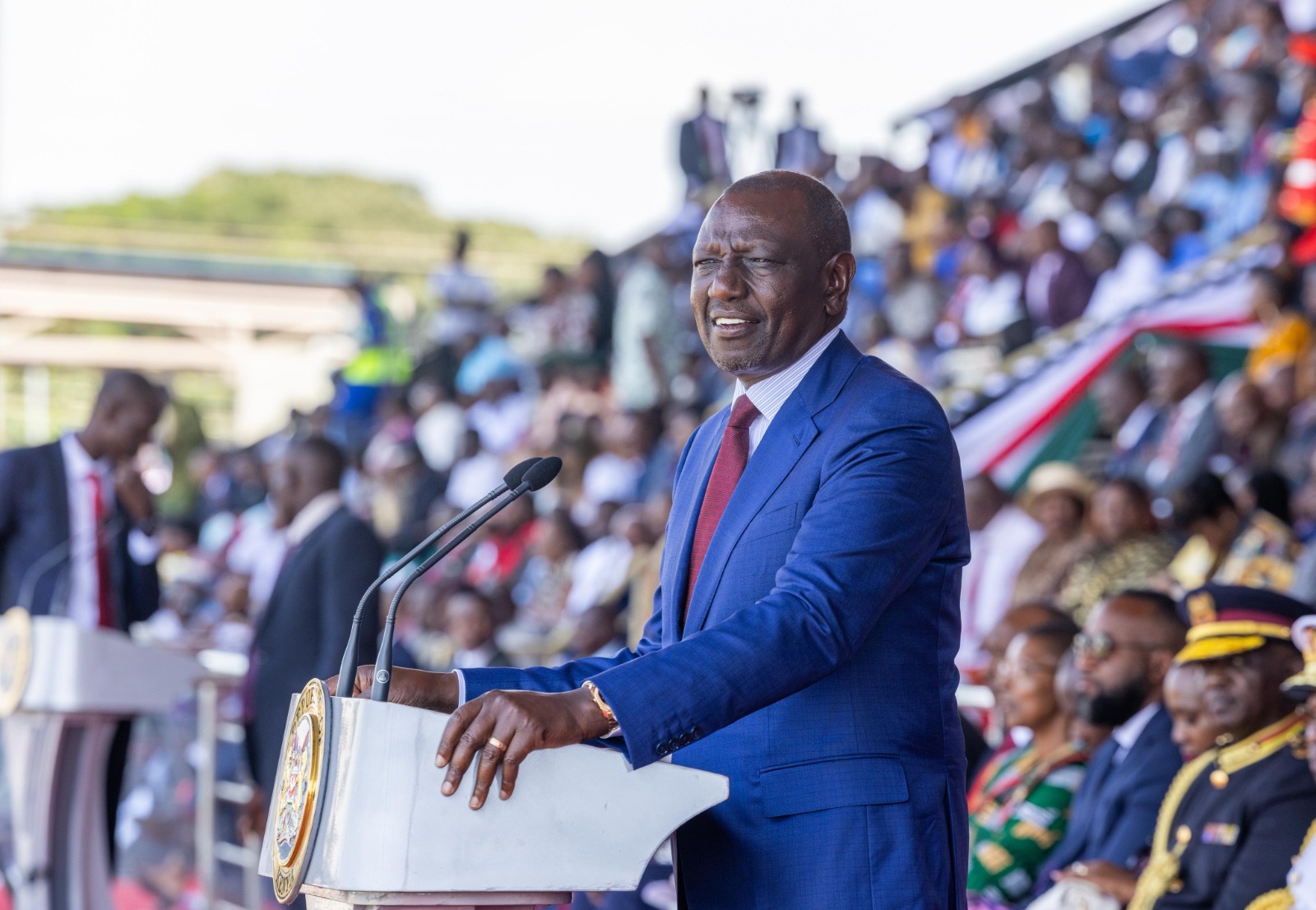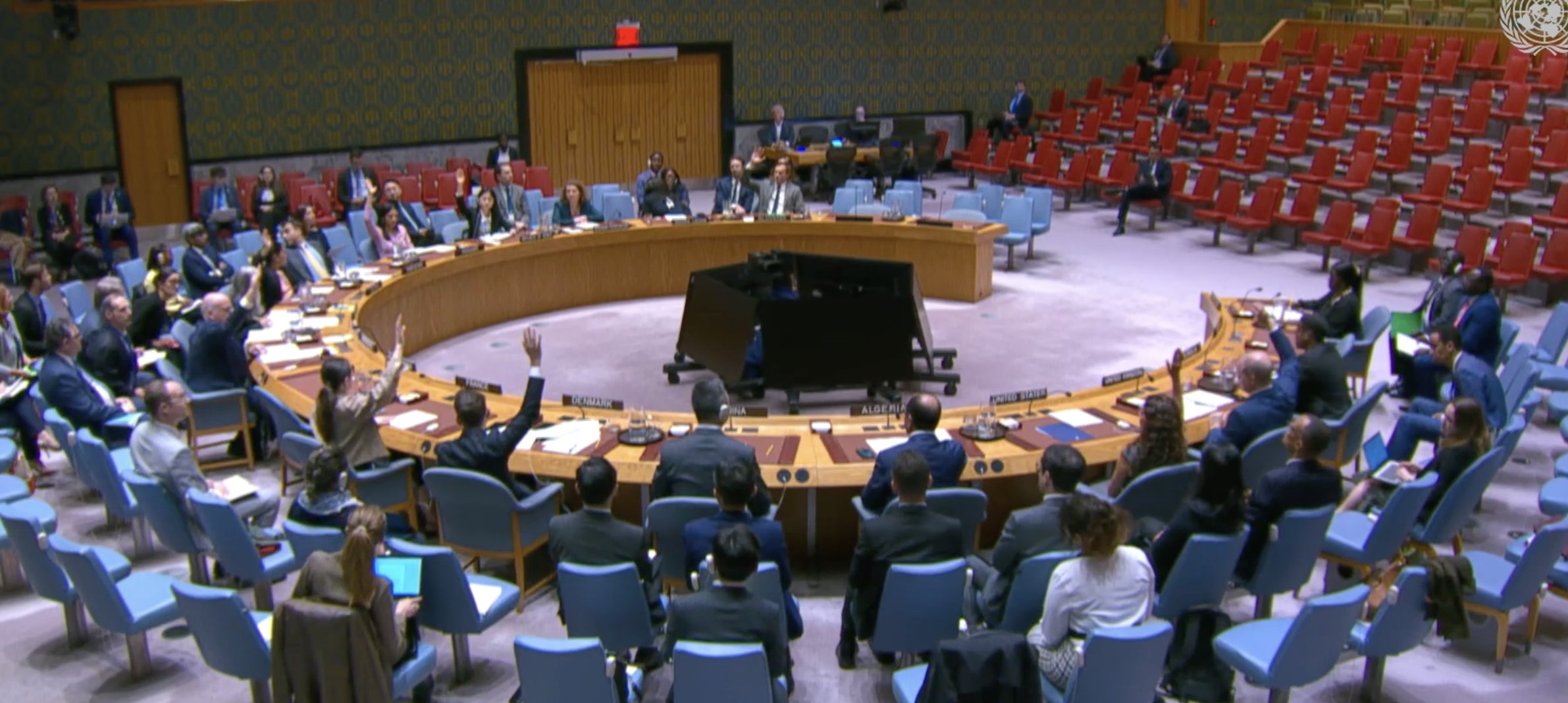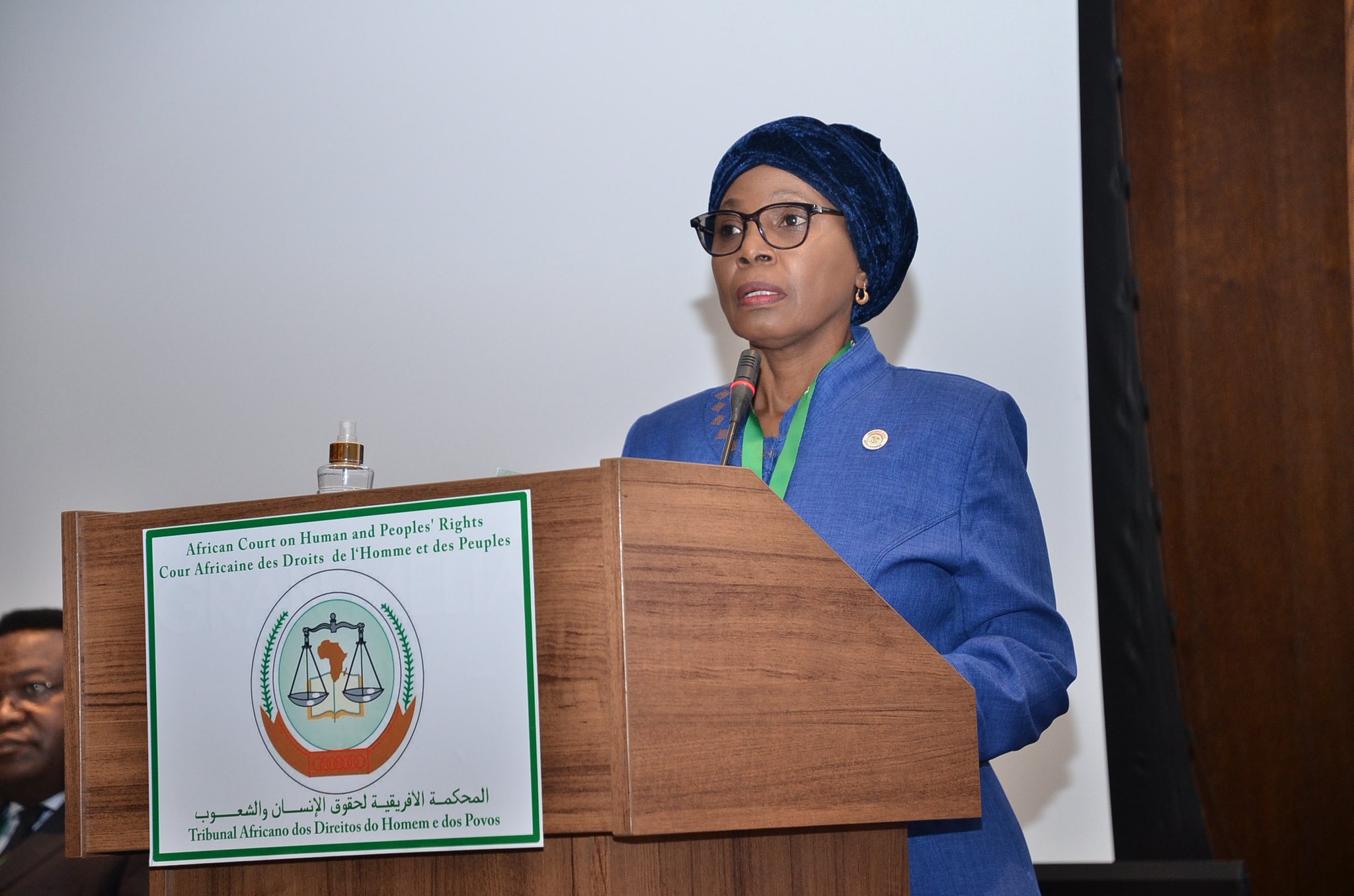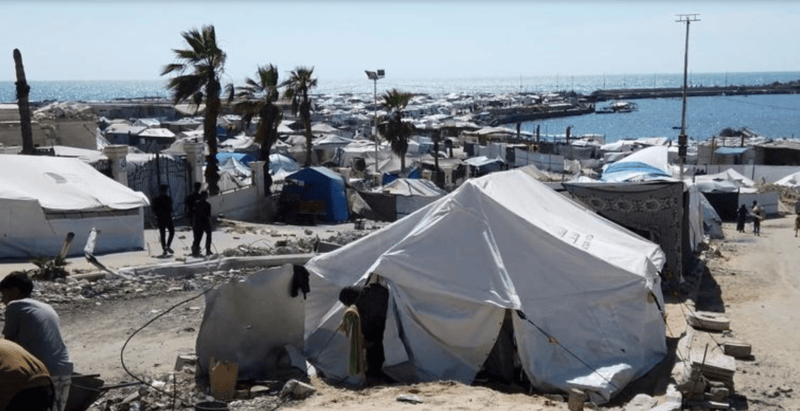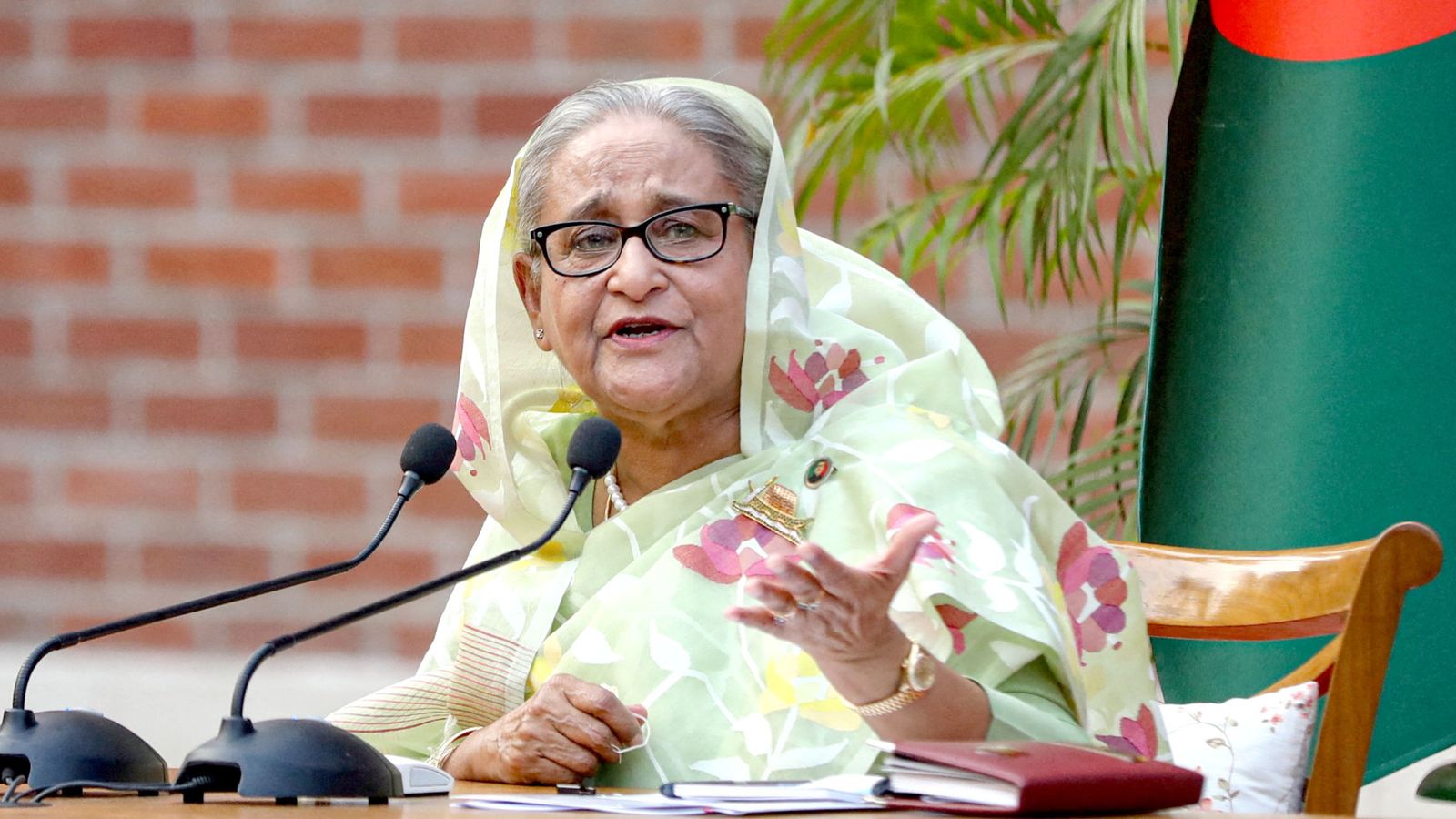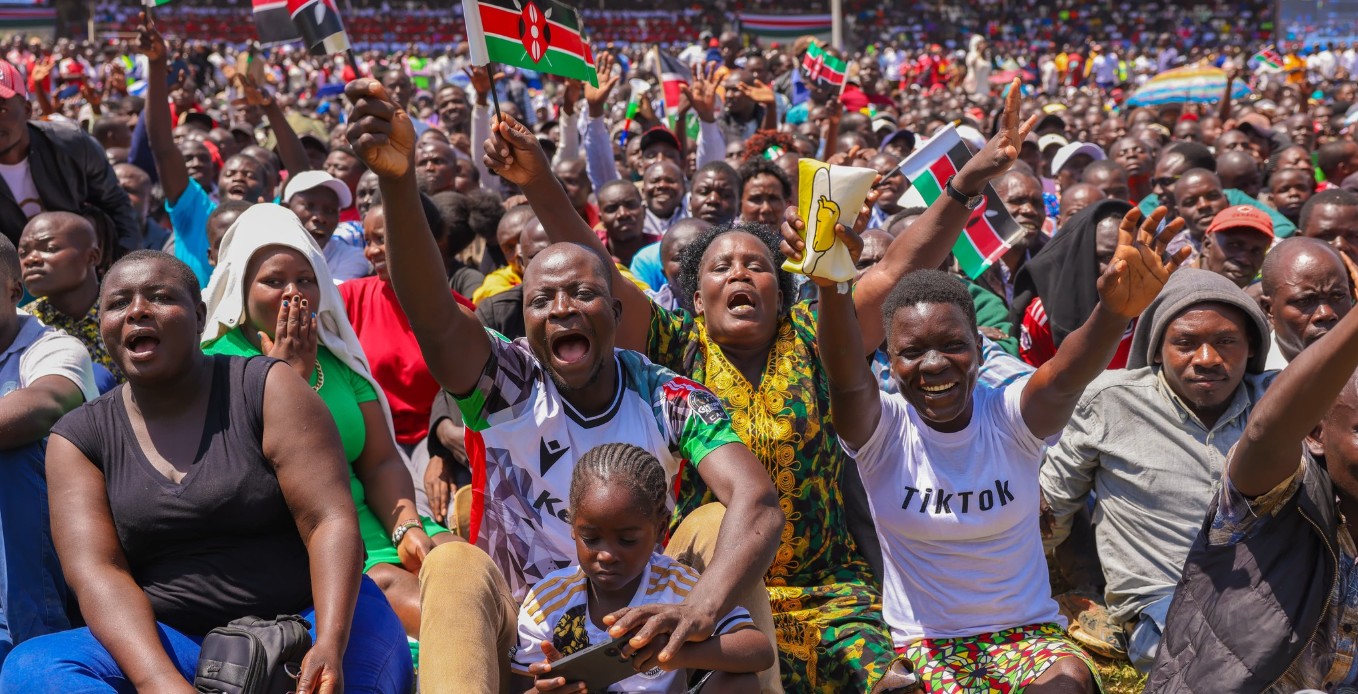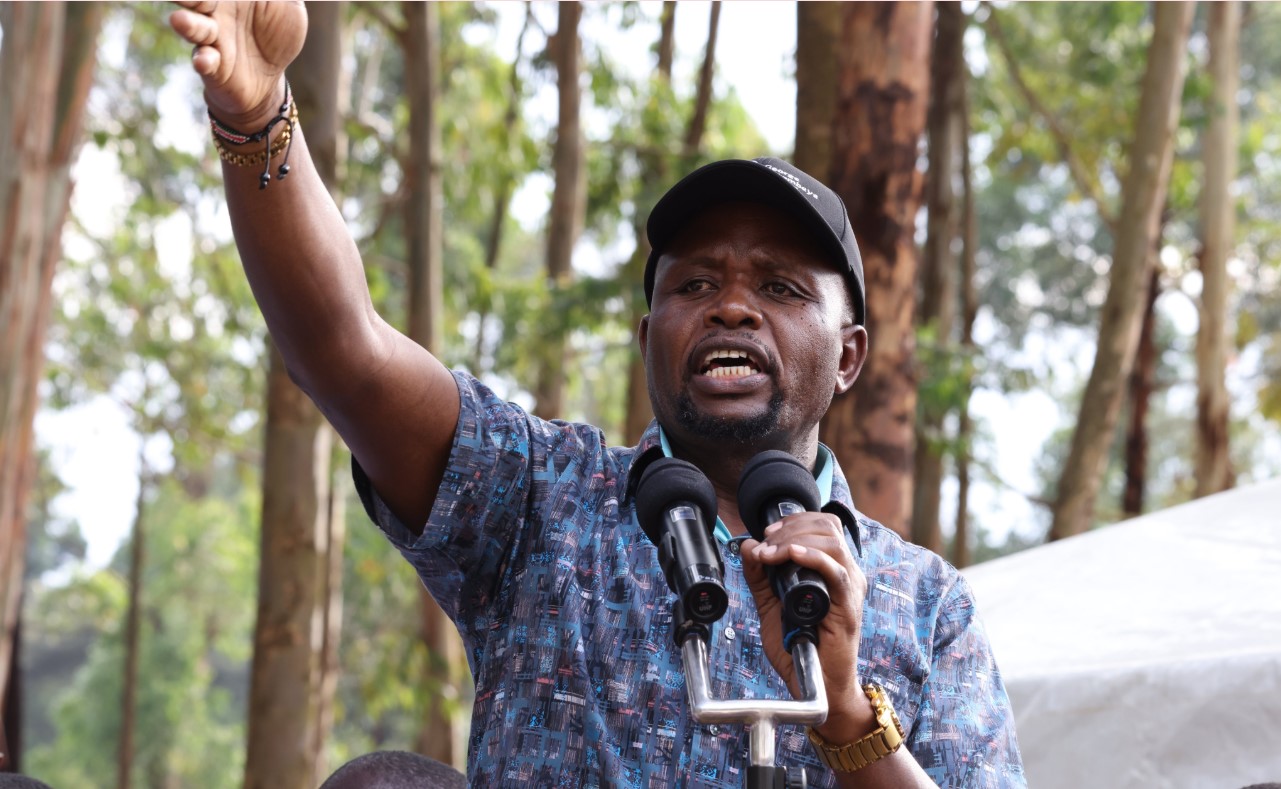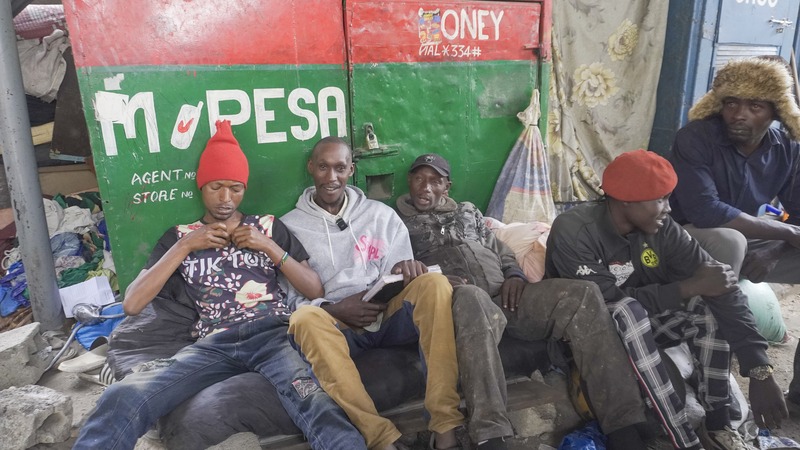Kenya, South Africa vow to fight back against Trump’s new trade tariffs
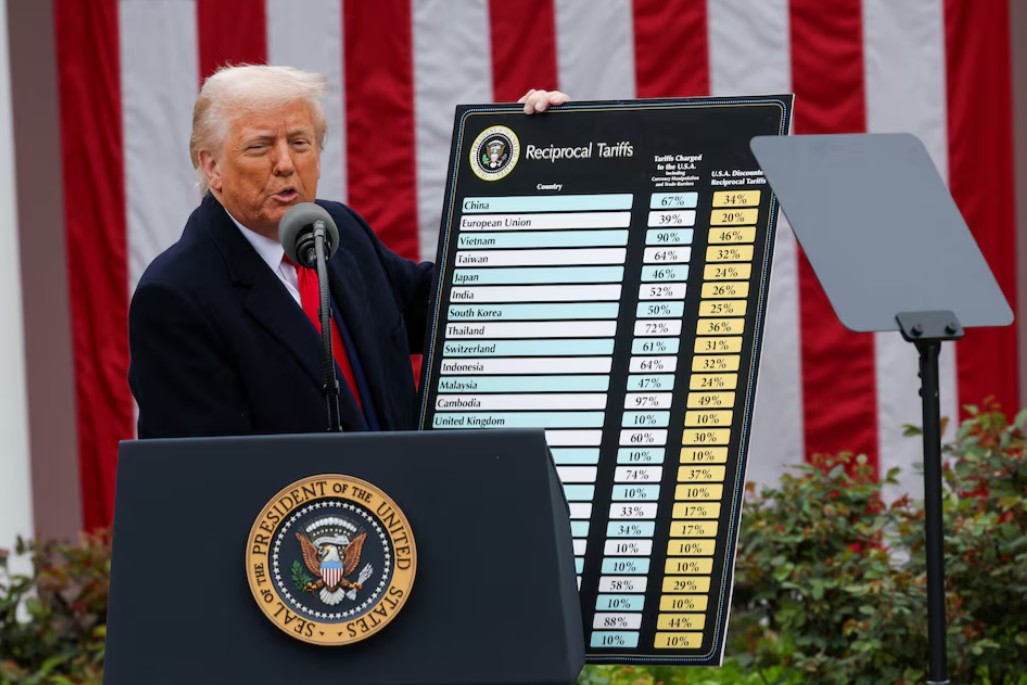
PS Sing’oei reassured exporters that the new tariffs would not take immediate effect due to Kenya’s existing trade agreements under AGOA, which allows duty-free access for African exports to the U.S. until September 2025.
Kenya and South Africa have vowed to push back against new U.S. trade tariffs introduced by President Donald Trump.
The governments of both nations have responded to the levies imposed on countries that apply Value Added Tax (VAT) on U.S. imports.
More To Read
- Trump administration halts scheduling of new student visa appointments
- Fact Check: Trump's South Africa 'white genocide' claim proven false
- Trump confronts South African President Ramaphosa with conspiracy claims
- Kenya reasserts sovereignty amid US scrutiny over China ties
- Under attack by Trump, South Africa's Ramaphosa responds with trade deal offer
- Ramaphosa lands in Washington to repair South Africa-US ties
In a sweeping trade policy overhaul announced on Wednesday from the White House Rose Garden, Trump declared what he termed "Liberation Day," unveiling a 10 per cent tax on Kenyan exports and a 30 per cent tax on South African goods in retaliation for the 16 per cent and 60 per cent VAT these nations impose on U.S. products, respectively.
“This is our declaration of economic independence. For too long, foreign governments have been cheating us. Today, we’re leveling the playing field,” Trump said.
In response, Kenya’s Foreign Affairs Principal Secretary, Korir Sing’oei, downplayed the potential impact of the tariffs, emphasising that Kenya remains in a favorable position compared to other affected nations.
He noted that Kenya was grouped alongside the UK, Egypt, Morocco, Uganda, Tanzania, and Ethiopia, all of which face similar levies.
In a statement on X, Sing’oei reassured exporters that the new tariffs would not take immediate effect due to Kenya’s existing trade agreements under the African Growth and Opportunity Act (AGOA), which allows duty-free access for African exports to the U.S. until September 2025.
“But tariffs imposed on Kenya are still one of the lowest and at the same level as the UK, Egypt, Morocco, Uganda, Tanzania, and Ethiopia. Long term, the solution lies in greater intra-African trade. While the tariffs may be one of the lowest, we shall be vigorously advocating for their waiver,” he said.
“Additionally, as AGOA is a Congressional framework for market access to the U.S. by African exporters, it is our considered view that until the law lapses at the end of September 2025 or unless repealed earlier by Congress, the new tariffs imposed by President Trump will in any event still not be immediately applicable.”
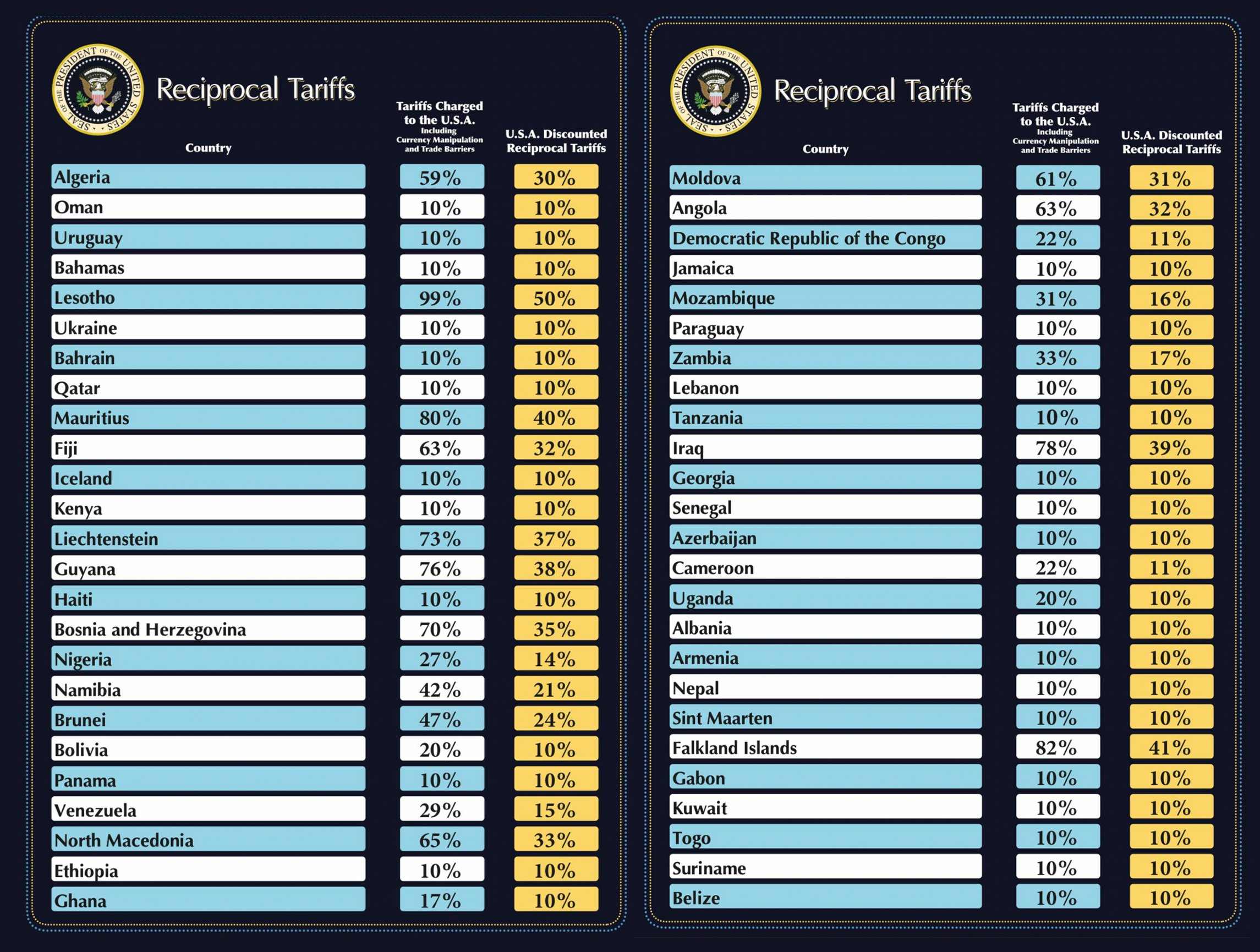
Sing’oei further emphasised the need for African nations to strengthen regional trade to mitigate the risks of unpredictable U.S. trade policies.
In South Africa, President Cyril Ramaphosa’s office issued a statement condemning the tariffs as “punitive” and called for diplomatic engagement to resolve the trade dispute.
“While South Africa remains committed to a mutually beneficial trade relationship with the United States, unilaterally imposed and punitive tariffs are a concern and serve as a barrier to trade and shared prosperity,” the statement read.
“The tariffs affirm the urgency of negotiating a new bilateral and mutually beneficial trade agreement with the U.S. as an essential step toward securing long-term trade certainty.”
The new tariffs threaten key sectors of Kenya’s economy that previously enjoyed duty-free exports under AGOA, including textiles, tea and coffee. Unless the Kenyan government reaches a trade deal with the U.S. before September 2025, these products will face new cost barriers in the American market.
Trump’s move is consistent with his broader agenda of prioritising American economic interests, a key pillar of his re-election campaign.
“America first means we don’t get played anymore,” he told supporters during his announcement.
As negotiations loom, Kenyan and South African officials are expected to push for exemptions or adjustments, hoping to protect their economies from the fallout of Trump's latest trade maneuver.
Top Stories Today


